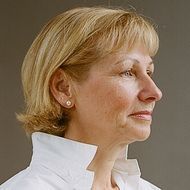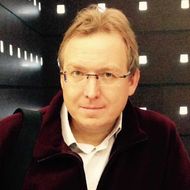- A
- A
- A
- ABC
- ABC
- ABC
- А
- А
- А
- А
- А
- HSE University
- Faculty of Geography and Geoinformation Technology
- News
- 'Low-carbon development management in Russia remains relevant and will be a trend until 2050'
-
Faculty
-
Educational Programmes
Geography of Global Changes and Geoinformation Technology
Spatial Data and Applied Geoanalytics
Low Carbon Development
 Атлас изменений окружающей среды - Кыргызская Республика (Atlas of Environmental Change - Kyrgyz Republic)
Атлас изменений окружающей среды - Кыргызская Республика (Atlas of Environmental Change - Kyrgyz Republic)
Medvedev A., Alekseenko N., Kuramagomedov B. et al.
United Nations Environment Programme, 2025.
Geography and Natural Resources. 2025. No. 46. P. 97-104.
In bk.: Reference Module in Earth Systems and Environmental Sciences. Oxford: Elsevier, 2025. P. 1-11.
Колосов В. А., Zotova M.
Published online. 10.1080/14650045.2021.1952184. Taylor and Francis, 2021

'Low-carbon development management in Russia remains relevant and will be a trend until 2050'
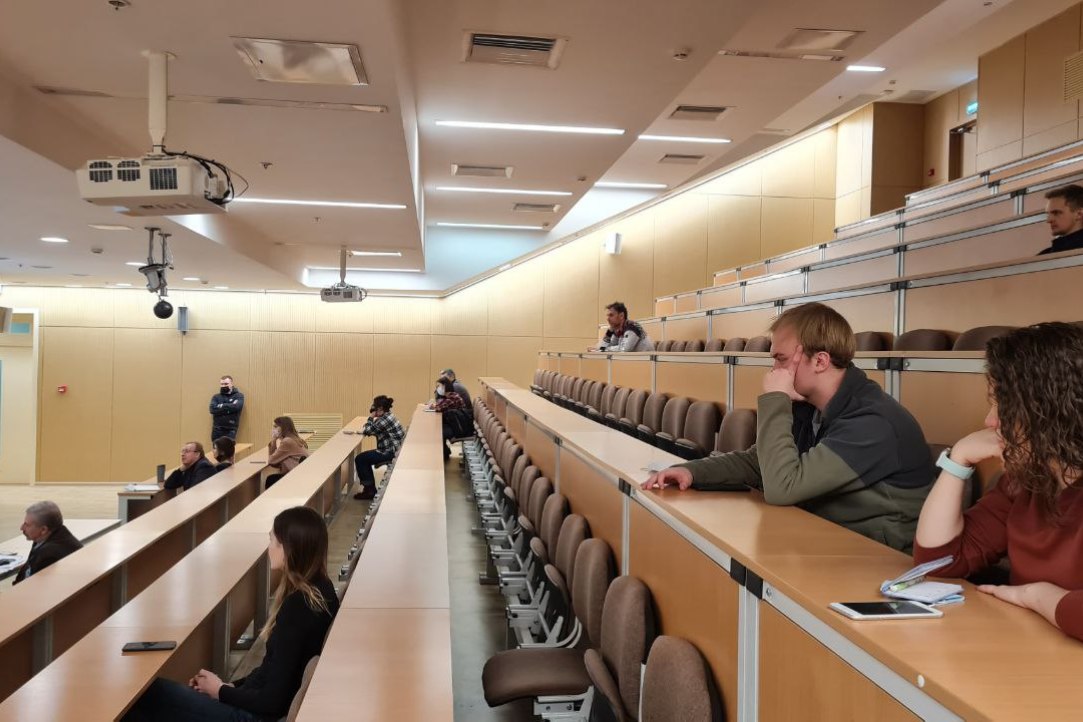
Nikolay Kurichev began the meeting with the tasks and challenges that Russian companies and government agencies face in the framework of the climate crisis and climate policy. One of the key limitations is the acute shortage of specialists in the field of carbon and the absence in Russia of specialized higher education programs on this topic.
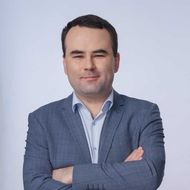
Nikolay Kurichev
Russia has a great potential for applying natural and climatic solutions and entering world markets with them. In today's challenging environment, every company doing international business needs a climate strategy with measurable, ambitious and achievable goals. There is also a great need for applied and fundamental research: from climate modeling and forecasting to assessing the consequences and possibilities of adaptation.
Academic supervisor of the program Evgeny Shvarts introduced to the participants tracks of the program. Students can choose one of two tracks: applied track, which focuses on the calculation of the carbon footprint of companies, climate reporting standards, the development of decarbonization strategies and the implementation of climate projects; and research track, which focuses on complex analytics in the interests of the state, business and society.
He also confirmed the relevance of carbon and climate issues, despite the current crisis. There are sectors of the economy in the country that are not subject of sanctions - the forestry sector, non-ferrous metallurgy, and the chemical industry. In addition, the green and climate agenda, apparently, will remain one of the few areas in which constructive interaction between Russia and Europe and the United States will be possible. There is an understanding that we have one planet, and the global climate problem should not become hostage to current political contradictions.
The applied track focuses on the study of carbon neutrality and decarbonization, sustainable low-carbon business development strategies, carbon markets and climate projects. Graduates of the program will be able to work in large companies with a green climate agenda, consulting and auditing, government agencies for environmental management and low-carbon development.
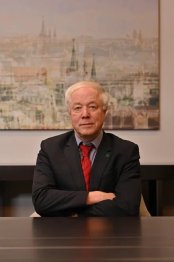
Andrey Ptichnikov
Last year we felt a wave of interest in this topic. Of course, this and next year it will not be so pronounced, but there is a pent-up demand for low-carbon development management. Probably, by the time of graduation from the master programme, this pent-up demand will manifest itself in full. We are optimists, despite the fact that we are facing economic changes, but the climate agenda will be relevant.
Dmitry Zamolodchikov introduced the research track. During the studies, students will be provided with knowledge that will form a base on the problems of the carbon cycle and climate change. This knowledge will allow you to independently make decisions and evaluate situations that develop in the world around you. Graduates of the track will be able to continue their studies in graduate school, as well as work in scientific organizations, new laboratories that are engaged in research on climate change and the balance of greenhouse gases, state environmental management bodies, especially in the regions of Russia, as well as green non-governmental organizations.
In conclusion, Nazar Sotiriadi noted that the financial system is now in search of specialists who conduct inter-sectoral expertise.
At the end of the Open Day, all speakers answered the questions about the specifics of admission, portfolio, industry development, career prospects, internship opportunities, training courses, and others.
You can watch all the speeches, answers to the questions of applicants on our Youtube channel (in Russian).
- About
- About
- Key Figures & Facts
- Sustainability at HSE University
- Faculties & Departments
- International Partnerships
- Faculty & Staff
- HSE Buildings
- Public Enquiries
- Studies
- Admissions
- Programme Catalogue
- Undergraduate
- Graduate
- Exchange Programmes
- Summer Schools
- Semester in Moscow
- Business Internship
-
https://elearning.hse.ru/en/mooc/
Massive Open Online Courses
-
https://www.hse.ru/en/visual/
HSE Site for the Visually Impaired
-
http://5top100.com/
Russian Academic Excellence Project 5-100
- © HSE University 1993–2025 Contacts Copyright Privacy Policy Site Map
- Edit
